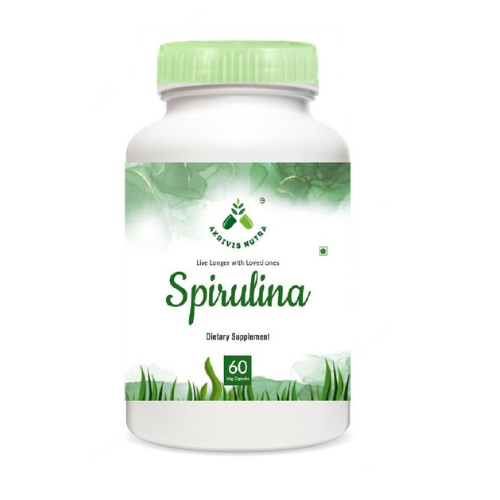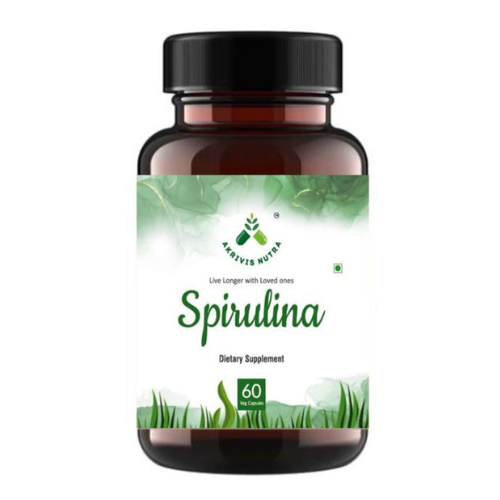1.Spirulina: An Exceptionally Nutrient-Dense Superfood
Spirulina, a cyanobacteria also known as blue-green algae, thrives in both fresh and saltwater environments. This incredible organism can harness energy from sunlight through photosynthesis, similar to plants. Historically consumed by the Aztecs, spirulina gained renewed popularity when NASA proposed its cultivation in space for astronauts (1).
Loaded with essential nutrients, just one tablespoon (7 grams) of dried spirulina powder contains an impressive array of health-enhancing components (2Trusted Source):
• Protein: 4 grams
• Vitamin B1 (thiamine): 11% of the Recommended Dietary Allowance (RDA)
• Vitamin B2 (riboflavin): 15% of the RDA
• Vitamin B3 (niacin): 4% of the RDA
• Copper: 21% of the RDA
• Iron: 11% of the RDA
Additionally, spirulina provides decent amounts of magnesium, potassium, manganese, and traces of various other essential nutrients. Remarkably, it contains a mere 20 calories and 1.7 grams of digestible carbohydrates per tablespoon, making it an exceptionally nutrient-dense food (2Trusted Source).
Furthermore, spirulina offers a small amount of high-quality fat (approximately 1 gram), including omega-6 and omega-3 fatty acids in a balanced ratio. While spirulina does not contain true vitamin B12, it offers pseudovitamin B12, which lacks proven effectiveness in humans (3Trusted Source, 4Trusted Source).
In summary, spirulina stands as a nutrient powerhouse, brimming with essential proteins, vitamins, minerals, and antioxidants, making it a highly valuable addition to your diet.
2.Spirulina's Powerful Antioxidant and Anti-Inflammatory Benefits
Oxidative damage poses a significant threat to DNA and cells, leading to chronic inflammation and various diseases (5). Spirulina, with its abundant antioxidants, provides effective protection against oxidative stress. One of its prominent active compounds is phycocyanin, responsible for the unique blue-green hue of spirulina. Phycocyanin exhibits potent antioxidant and anti-inflammatory properties, combating free radicals and inhibiting the production of inflammatory molecules (6Trusted Source, 7Trusted Source, 8Trusted Source). Harnessing spirulina's antioxidant might, you can shield your body against oxidative damage and enjoy its anti-inflammatory benefits.
3.Spirulina's Potential to Lower "Bad" Cholesterol and Triglyceride Levels
Heart disease remains a leading cause of mortality worldwide, with various risk factors contributing to its development. Spirulina demonstrates positive effects on several of these risk factors. Notably, it has shown the ability to lower total cholesterol, reduce levels of "bad" LDL cholesterol and triglycerides, while elevating levels of "good" HDL cholesterol. Studies involving individuals with type 2 diabetes or high cholesterol have reported significant improvements in these markers with regular spirulina supplementation (9Trusted Source, 10Trusted Source, 11Trusted Source, 12Trusted Source). By incorporating spirulina into your lifestyle, you can potentially improve your lipid profile and reduce the risk of heart disease.
4.Protection of "Bad" LDL Cholesterol from Oxidative Damage
The oxidation of fatty structures in the body, including "bad" LDL cholesterol, plays a pivotal role in the development of various diseases (13Trusted Source, 14Trusted Source). Spirulina's exceptional antioxidant content demonstrates a particular ability to mitigate lipid peroxidation, effectively reducing oxidative damage to lipids


